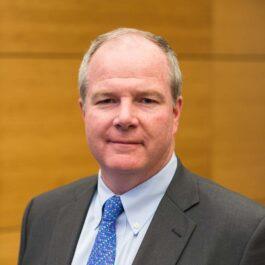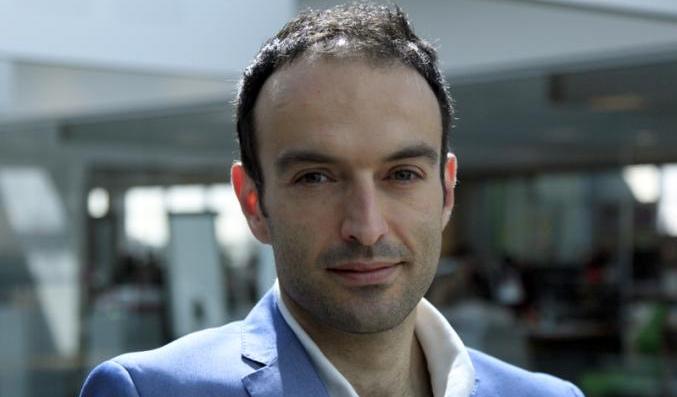Dr. Robert T-I. Shin is a Principal Staff member in the Intelligence, Surveillance, and Reconnaissance (ISR) and Tactical Systems Division at MIT Lincoln Laboratory. He is also the Director of the MIT Lincoln Laboratory Beaver Works Center and a member of the MIT School of Engineering Extended Engineering Council. Prior to becoming Principal Staff, he served as the Head of the ISR and Tactical Systems Division, where he oversaw research and prototype development of systems for ISR, tactical applications, and counterinsurgency and counterterrorism, and he oversees programs assessing U.S. air vehicle survivability.
Dr. Jonathan E. Gans leads the Systems and Architectures Group at MIT Lincoln Laboratory. He oversees multiple BMD related programs for the Missile Defense Agency, Office of the Secretary of Defense, and the Air Force, with a focus on developing new discrimination techniques and providing in-depth assessments of domestic and foreign Ballistic and Hypersonic defense concepts. Dr. Gans recently led a report to Congress on Space Based Interceptors and his team was a major contributor to the MDA Defense Against Hypersonic Weapons AoA. Jonathan graduated from Vassar College in 1999 and earned a Ph.D. in particle physics from Yale University in 2004.
Dr. Edwin F. David is the Head of the Engineering Division at MIT Lincoln Laboratory. He joined the Laboratory in 1998 as a technical staff member in the Systems and Analysis Group, supporting the Air Vehicle Survivability program. His research focused on modeling, simulation, and testing of navigation and guidance systems, sensor systems, and directed energy systems. In this role, he supported the Defense Science Board Task Force for the Global Positioning System space segment modernization. He also served as program manager for the Directed Energy Countermeasures Assessment Team.

Chris Gordon has been a lecturer at MIT’s Center for Real Estate for over 20 years. He teaches a course on Innovative Project Delivery in the Public & Private Sectors in our MSRED program. As a practitioner, Chris serves as an advisor and manager on complex capital projects worldwide. He works in a hands-on capacity to establish the project strategies, project team, and management process, and then monitors and/or leads the project to improve the chances of success significantly. He is also a Lecturer at both the Harvard Business School and the Massachusetts Institute of Technology Center for Real Estate, teaching several courses and writing on complex capital projects.

Dr. Carmine Gioia is a Research Affiliate and Lecturer in the Department of Civil and Environmental Engineering at MIT’s Intelligent Transportation Systems Lab. He holds a Ph.D. in Microeconometrics Methods and has a unique combination of industry and academic experience.

Participating Instructor
Jarrod Goentzel is founder and director of the MIT Humanitarian Supply Chain Lab in the MIT Center for Transportation & Logistics. His research focuses on meeting human needs in resource-constrained settings through better supply chain management, information systems, and decision support technology.


